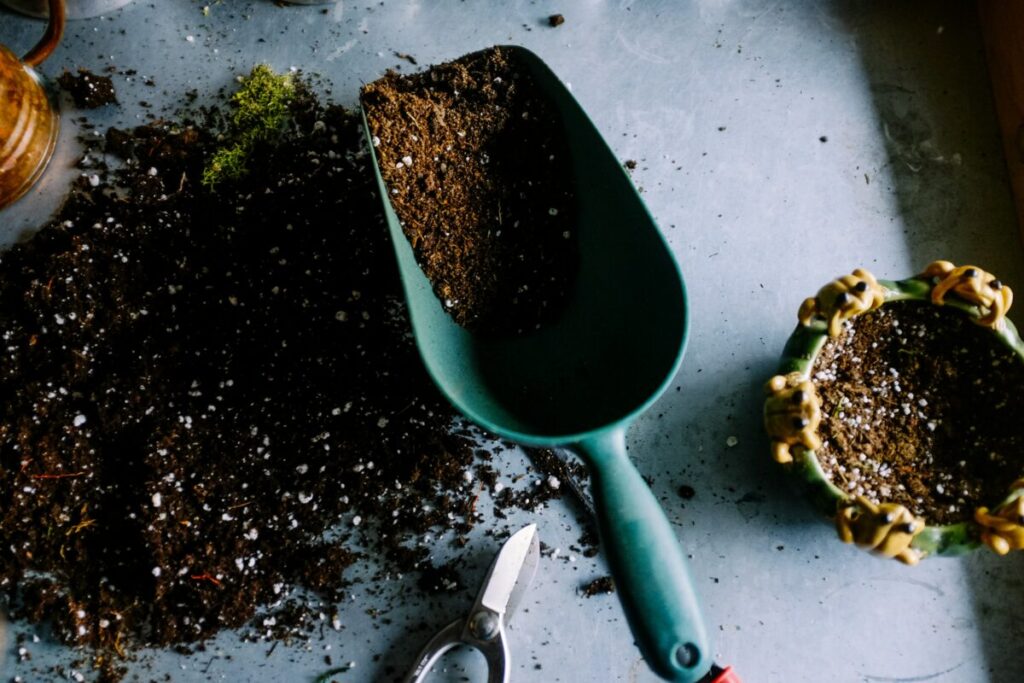In today’s fast-paced world, it’s increasingly important to find ways to unwind and boost our mental health. While gardening is often seen as a hobby for those with green fingers, it is actually a powerful method to combat stress and anxiety. Whether you have a large garden or just a few pots on your windowsill, nurturing plants can greatly enhance your mental well-being. In this post, we’ll delve into the mental health benefits of gardening and, more importantly, provide tips on how to make this therapeutic activity part of your daily life.
How Gardening Boosts Mental Health
Gardening is not just about planting seeds; it seamlessly combines physical activity, mindfulness, and a connection with nature, creating an ideal mix for boosting mental wellness. Here’s why gardening can be so beneficial:
- Reduces Stress Hormones: For instance, research shows that gardening can significantly lower cortisol levels, the body’s main stress hormone, helping you feel more at ease.
- Improves Mood and Happiness: In addition, tending to plants triggers the release of endorphins, which are the body’s natural mood enhancers, helping to alleviate symptoms of depression.
- Enhances Focus and Mindfulness: Moreover, gardening encourages you to remain present and focused on each task, helping to reduce anxious thoughts and improve concentration.
5 Ways Gardening Reduces Stress
1. Connects You with Nature and Fresh Air
Firstly, spending time outdoors and immersing yourself in nature acts as a natural stress reliever. The combination of fresh air and sunlight can instantly lift your mood and reduce anxiety. Even if you only have a small garden or a balcony filled with plants, you can create your own calming oasis.
Getting Started: To begin, set up a mini garden on your balcony or by a sunny window. You might want to start with easy-to-grow plants such as herbs, succulents, or small flowering varieties.
2. Encourages Physical Activity
Furthermore, gardening involves various physical movements, from digging and planting to weeding and watering. These activities not only keep you active but also promote the release of endorphins, which naturally improve your mood.
Getting Started: Try integrating light gardening tasks into your daily routine. For example, simple actions like watering plants or pruning leaves can offer a gentle yet effective form of exercise.
3. Acts as Mindful Meditation in Motion
Gardening is often described as “meditation in motion” because it requires you to focus on the present moment. The repetitive actions involved in planting and caring for plants can be just as calming as other mindful practices like yoga or tai chi.
Getting Started: Set aside time each day to garden without distractions. Focus on your movements, the feel of the soil, and the plants, allowing your mind to relax and unwind.
4. Provides a Sense of Accomplishment
Additionally, watching your plants grow can bring a tremendous sense of achievement. This feeling can be particularly beneficial for those struggling with depression or low self-esteem, as it offers visible and rewarding results from your efforts.
Getting Started: Start with easy-to-grow plants like tomatoes, herbs, or sunflowers. These plants provide quick, gratifying results and help build your confidence as a gardener.
5. Promotes Social Connection
Lastly, gardening doesn’t have to be a solitary activity. It can also offer opportunities to connect with others. Community gardens, gardening clubs, or even sharing tips with neighbours can provide valuable social interaction, which is crucial for maintaining mental well-being.
Getting Started: Consider joining a local gardening group or starting a small club with friends or family. Sharing the joy of gardening can amplify its stress-relieving benefits.
Expert Tips for Maximising Gardening’s Mental Health Benefits
- Start Small: Rather than feeling overwhelmed, begin with a few pots or a small garden bed. The aim is to enjoy the process and not stress over it.
- Routine Matters: Try to incorporate gardening into your daily schedule. Even dedicating just 10-15 minutes a day can make a positive impact.
- Experiment and Enjoy: Furthermore, explore growing different types of plants to keep the experience engaging and rewarding.
Gardening is far more than a simple hobby; it’s a therapeutic activity that offers multiple mental health benefits. From reducing stress hormones to lifting your mood and providing a sense of purpose, gardening serves as a powerful tool for managing stress and improving your overall well-being. So, whether you have a spacious garden, a small balcony, or just a few houseplants, there’s always room to cultivate a healthier mind through gardening.
If you’re seeking further inspiration and expert advice on gardening, be sure to visit our website at www.esteelicious.com. We offer a wealth of guides and ideas designed to enhance your home gardening experience. For those eager to deepen their gardening knowledge, don’t miss out on my book, Home Gardening in Diaspora: A Guide to Growing Organic Food in Your Home. This invaluable resource provides practical insights and strategies to cultivate a flourishing garden, no matter where you are located. Whether you’re a seasoned gardener or just starting out, this guide will equip you with the tools and knowledge needed to succeed. Visit our website and explore the book to transform your gardening journey today!

